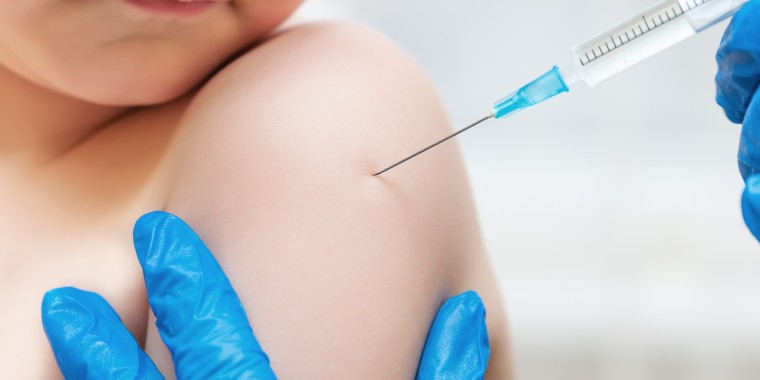Infectious diseases
This content brought to you by:
Infectious (or communicable) diseases include illnesses such as measles, tuberculosis (TB) and whooping cough (pertussis) and many different bugs that can give people vomiting and diarrhoea. These diseases are called “infectious” because they can spread to other people, either from:
- other people who are sick; or
- through having contact with infected animals/insects; or
- from breathing in germs from the air; or
- from drinking or eating something that is contaminated with germs
Sometimes people can be infected with one of these illnesses and so spread it to others, even before they start feeling unwell. Sometimes they can spread very quickly.
People who work in public health can help others prevent, control and manage the spread of such infectious diseases within our community.
As a result of these infectious diseases having the ability to affect people's health very seriously, in New Zealand, it is the law (the Health Act 1956) that some of these diseases must be notified to a Medical Officer of Health, a doctor at a Public Health Unit. These particular diseases or illnesses are called Notifiable Diseases.
Public Health South (PHS) is the public health service at the Te Whatu Ora Southern and PHS staff investigate all of these notifiable diseases. Sometimes this might only involve one person who is ill, but other times many people might be affected (this is known as an "outbreak").
The investigation involves finding out about:
- what might have caused the illness
- whether any other people might have already caught it or be at risk of getting the illness (this is called contact tracing and screening); and
- advising about what to do to prevent the disease spreading
This advice might include:
- Washing your hands for 20 seconds and drying them for 20 seconds
- Coughing in a way that you don't spread germs and keeping your distance from others if you are unwell
- Making sure the environment around you is kept clean (so germs don't spread)
- Having plans in place at work and in any other places where a lot of people might live, work, or gather together, to make sure that sick people are well looked after and do not infect others (e.g., stay off work)
- Ensuring people are immunised against those serious and infectious diseases and illnesses that vaccination can help prevent (e.g., Measles, Mumps, Rubella, Whooping Cough, Meningitis, Hepatitis B and C)
To find out more information about infectious diseases head to the Infectious Disease Information page.
If you are a health professional and need to notify Public Health of a suspected food, waterborne illness or a notifiable disease please head to the Notification information for Health Professionals page.
The Food and waterborne illnesspage provides further information about common illnesses that are caused by eating or drinking food or water that has been contaminated with germs. It also gives advice about how to avoid getting these.
To find out more about those diseases that vaccines can help prevent please head to the Childhood immunisation page.
